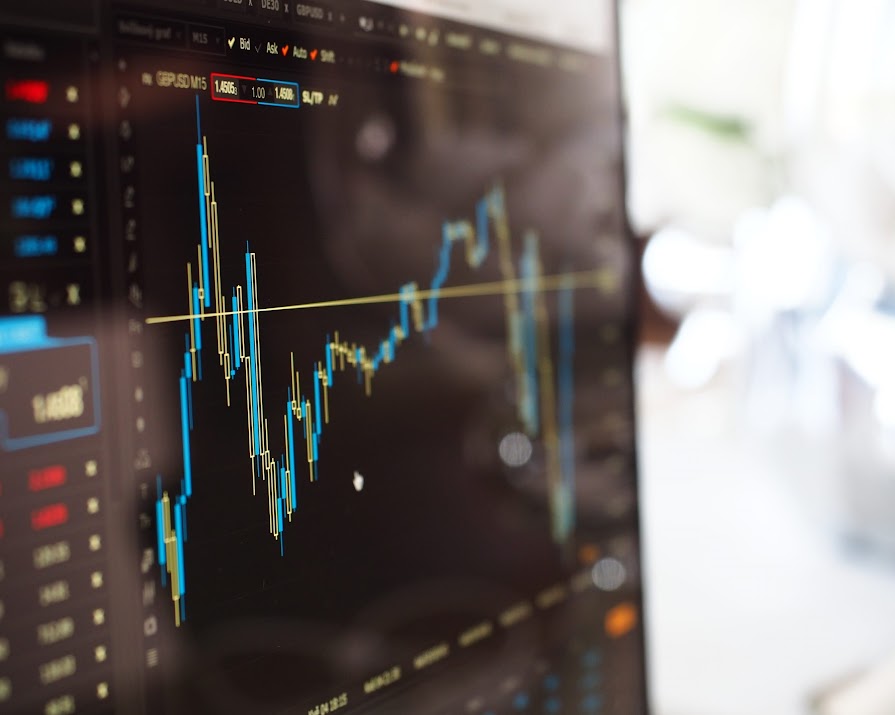
By Colette Sexton
24th Apr 2018
24th Apr 2018
Colette Sexton, news correspondent at The Sunday Business Post, on why the stock market might be the best option for a return on your savings.
It is not easy to save up a cash pile so when you do, it would be nice if it made you a little money. Unfortunately, in Ireland, low-interest rates coupled with high deposit interest retention tax means there is very little return on your savings when you leave them in the bank. It can be infuriating but if you want to make your money work for you, there is an alternative to traditional savings accounts – investing in the stock market.
Now I know many baulk at the thought of investing those hard-earned bucks in the stock market. There is a lack of education around stocks and how they work. The vast majority of us don’t learn anything about investing in school, so our knowledge of the stock market extends to what we learn from the news, TV and movies and most of us don’t have Wolf of Wall Street levels of cash to invest.
Let’s start with the basics – the stock market is where investors buy and sell shares in companies. A share is a small part of a company that is bought for a set price. The price of these shares can rise and fall depending on what is happening in the company, the industry, the economy and worldwide. To buy stocks, you can either go directly to a stockbroker, through a bank, through an investment broker, or through online share dealing. Only stockbrokers can actually buy the stocks, no matter which avenue you go through.
There are positives and negatives associated with buying stocks. If you are financially secure, it is a great way to potentially make a good return on your savings. The average return in the Irish stock market was 17.4 per cent from 1974 up to 2006, when the recession hit. But it also comes with risk. Many Irish people lost their life savings when the world economy hit the floor, sending stocks plummeting.
There are ways to protect yourself against huge losses. You should never invest all of your money in stocks and it is important to diversify your portfolio instead of investing it all in one company – the old cliche“don’t put all your eggs in one basket” comes to mind. But no matter what you do, there is still a risk that you will lose your money.
In addition, buying stocks does not mean you will escape taxes and charges. Usually stockbrokers will charge you fees and commission. You have to pay stamp duty on the value of the shares you buy. If a company you own stocks in pays a dividend, that is it distributes some of its earnings to shareholders, you are required to pay tax on that also. If you make over a certain amount on stocks you sell, you must pay capital gains tax.
If you can afford to take the risk, and you have a nest egg to fall back on if it goes wrong, then go for the stock market. If you don’t fancy playing the stocks, you can always take the Carrie Bradshaw approach: “I like my money where I can see it – hanging in my closet.”
The average annual increase of investment grade handbags between 2004 and 2016 was 7.6 per cent, according to the JustCollecting Handbag Index. The best performer, the Chanel 2.55 medium classic flap bag, increased by 10.6 per cent annually during the same period. Sigh. A girl can dream…






















